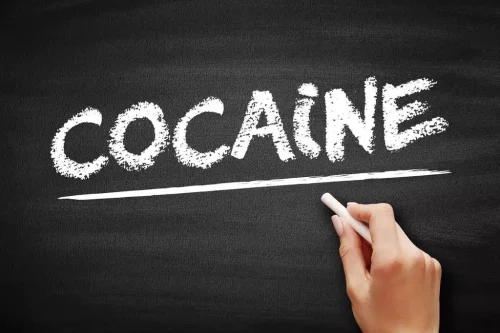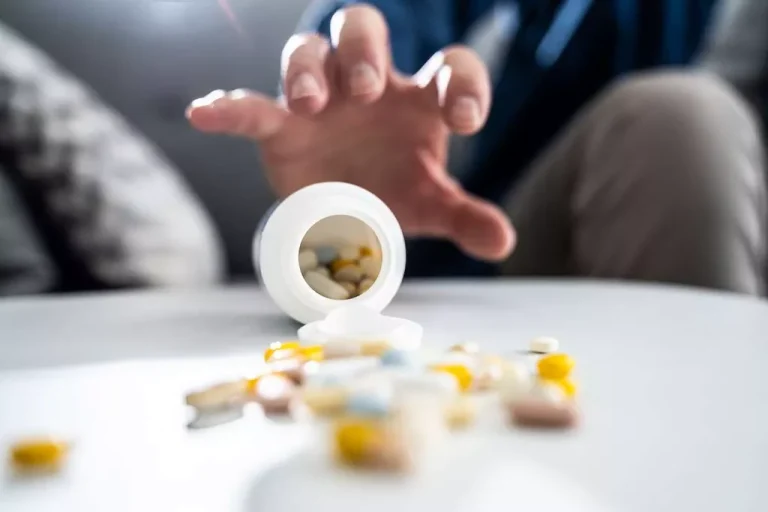
There is help available to you if you or a loved one has a physical dependence or psychological dependence on a behavior or substance. These urges and compulsive behaviors can control your life, but you can take back control. Relay’s addiction recovery program provides a comprehensive, outpatient approach to behavioral change – at home, at your own pace. Try the Relay program for free here; if you need help as you get set up, contact us now at Other goals of group therapy include gaining inspiration through the recovery of others, self-identifying as a recovering addicting, and examining core values. Participants support and nurture each other like a family by reinforcing good behaviors and helping each other cope during difficult tasks.
Icebreakers & Activities

After writing their own name on the sheet, they turn it in to staff (effectively allowing staff to maintain a safe and productive environment). If they choose, clients can share what they wrote and provide additional feedback. (Most do.) Clients selected as “most likely” (in either category) have the opportunity to process with other group members and staff. The group leader may ask each member how they have responded to triggers in the past. They may also discuss what coping strategies each member uses to overcome triggers. Reflecting on personal experiences and listening to those of others can be an enlightening experience.
- Group discussions can help people come up with or expand upon goals they want to achieve during recovery, such as getting to a sobriety milestone or landing a new job.
- If you or a loved one is looking for substance abuse treatment, you can find it today.
- We want to give recovering addicts the tools to return to the outside world completely substance-free and successful.
- Thanks for reading this resource on 58 Substance Abuse Group Therapy Activities for Recovery.
- Group therapy in addiction treatment consists of three or more people, led by a licensed therapist, working together through issues related to addiction using behavioral therapy.
Find Effective, Evidence-Based Treatment for Addiction in the Relay Program
Group sessions can allow members to work through challenging emotions such as shame and guilt. Listening to what other members share can provide a sense of validation and normalcy for members who may have thought that they were alone, or wrong for feeling as they do. Instead of viewing it as a failure, it should be seen as a signal that additional support or adjustments to the treatment approach are needed.

Are Substance/Alcohol Abuse Support Groups Effective?

They are often available at addiction treatment centers but can also be found at community centers or in other public locations. Whether it’s 12-step meetings, SMART Recovery, or group therapy, these services are a crucial part of drug and alcohol treatment programs and aftercare support. Most people getting treatment for substance use disorder benefit from using both group and individual therapy. substance abuse group activities There are a multitude of activities that can occur during group therapy for substance use disorder, and many are evidence-based and deemed highly effective. This is very unhealthy, so it’s essential to explore ways to manage stress and increase a healthy state of mind without having to turn to substances. TherapyPatron.com helps mental health professionals better serve their clients.
MORE Substance Abuse Group Therapy Activities
Effective group leaders can help create an environment where members can challenge each other in a productive manner while practicing these life skills. Modern addiction treatments are designed to address the immediate cessation of substance use and mitigate the risk of relapse. These treatments consider the chronic nature of addiction, emphasizing the need for ongoing care and support. For support groups, members may also brainstorm ways to reduce isolation and discuss the risks or benefits of being alone. Discussing isolation risks can lead to conversations surrounding healthy and harmful habits in social situations. Techniques for managing stress without resorting to substance use are crucial group topics for recovery, helping participants find healthy alternatives to deal with life’s pressures.
Discussing Triggers
Contact us at Empowered Recovery today for more information about our group topics for addiction during therapy sessions. Of course, a significant topic when working through substance abuse is healthy coping strategies to help clients overcome their struggles. Together, group members can brainstorm ways to reduce cravings and promote healthy behaviors such as good diets and sufficient sleep schedules. Each session should incorporate ways to reduce negative thought patterns and habits to ensure continual progress. While a heavy topic, trauma is essential when focusing on substance abuse, as many clients abuse substances as a way to cope with deeply embedded trauma. Examining trauma can help clients address their experiences, thoughts, and feelings in a safe space and without judgment.
- Selecting engaging and relevant substance abuse topics is crucial to facilitating meaningful discussions and promoting personal growth.
- These treatments consider the chronic nature of addiction, emphasizing the need for ongoing care and support.
- Unlike individual therapy, which focuses on one-on-one treatment, group therapy provides the opportunity for multiple people to support and learn from one another.
- The use of group therapy activities for substance abuse can be a helpful tool in creating a safe and healthy group environment.
Discussing Self-Care

Group discussions can help people come up with or expand upon goals they want to achieve during recovery, such as getting to a sobriety milestone or landing a new job. Setting short- and long-term goals gives people in recovery https://ecosoberhouse.com/ something to work for, but they can sometimes struggle with determining what those goals should look like. Participants can try making gratitude lists or having open discussions on ways to find and show gratitude in daily life.
Gratitude Lists
The implementation of new and challenging activities for group members helps to strengthen those bonds. This article will cover what group therapy is and some of the more common types of group therapy and activities used for addiction treatment. Ascension House provides high structure and accountability to individuals recovering from addiction with safe and comfortable sober living homes in Austin, TX. During therapy sessions, you will discuss forgiveness and overcome your resentments. Likewise, you might ask your Higher Power to forgive you for wrongdoing. Also, please leave a comment below if you have other ideas, or would like to add to the discussion.
Discover Therapy Worksheets to Help Your Clients and Streamline Your Practice
Group therapy can give them a chance to feel connected to others, and witness others in their own recovery. Relapse rates for drug and alcohol use are comparable to those of other chronic diseases, such as hypertension and diabetes. It is estimated that approximately 40 to 60 percent of individuals experience relapse during their recovery journey. This statistic highlights the persistent nature of addiction as a chronic condition.
Clients are not always willing therapy participants; some are court-ordered to attend or there to have privileges restored. Some attendees may be there “voluntarily,” but only to save their marriage or keep a job, not believing they need help. In residential treatment, clients attend mandatory groups as part of the daily schedule. It can be easy to fall into a rut, especially if you’re burnout or working with a particularly challenging group. The following three PDF downloads are lists of ideas/questions for groups. Professional associations, such as the American Group Psychotherapy Association, have developed best practice guidelines based on scientific data and clinical research.


